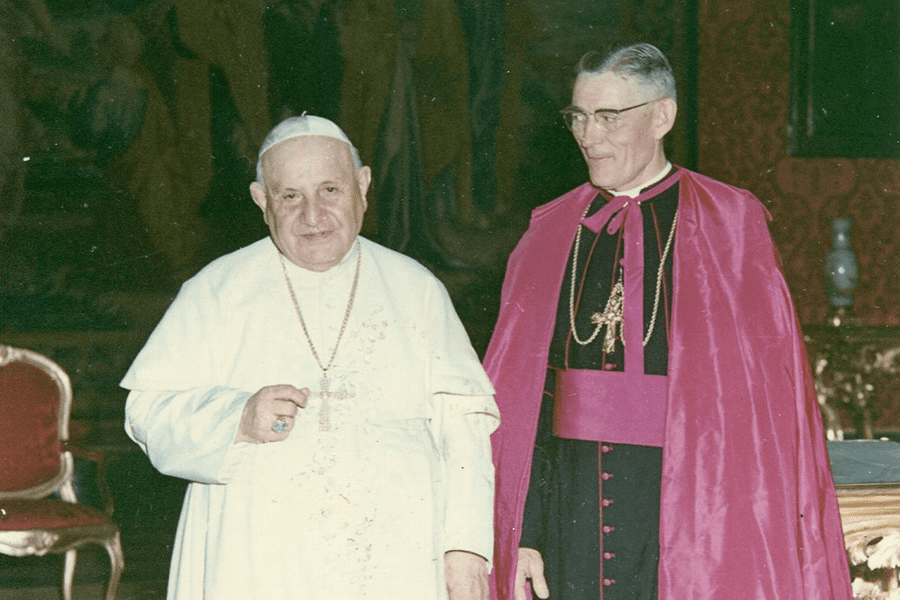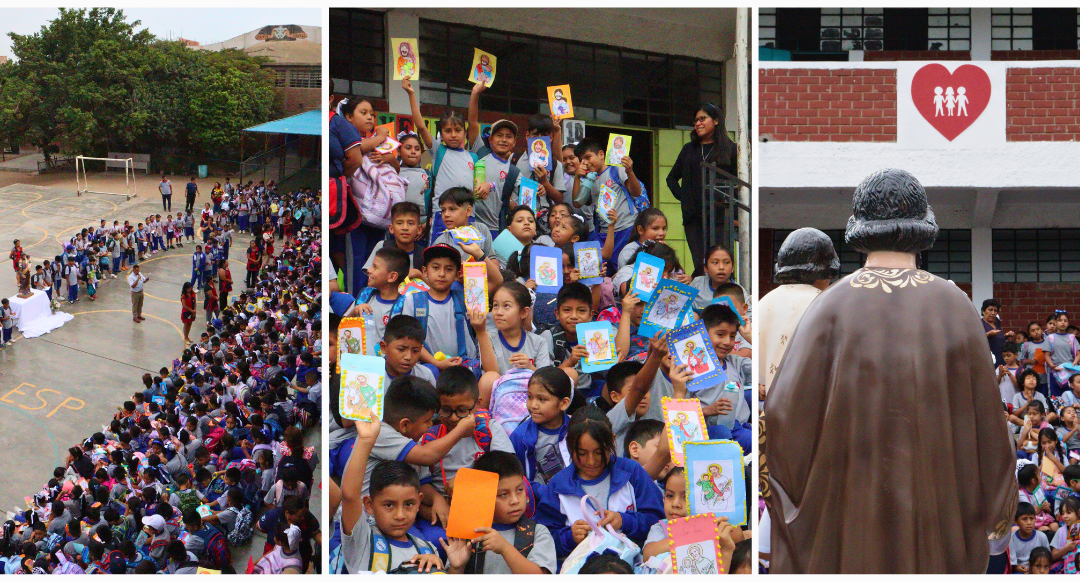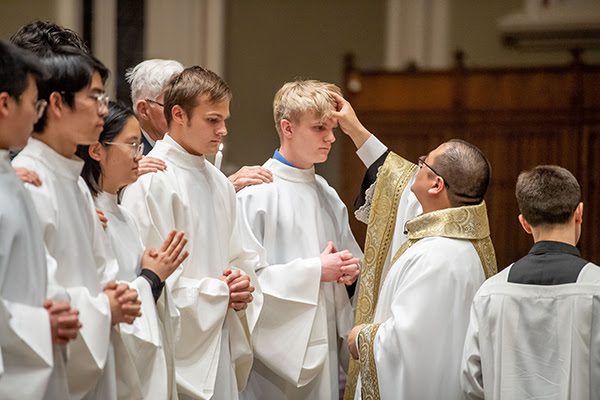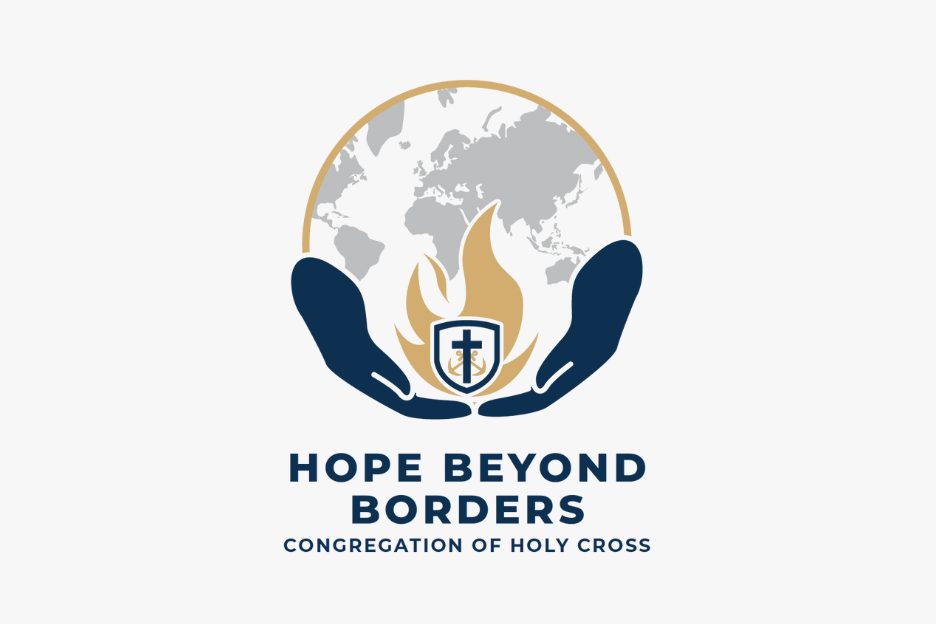“[W]hatever good is found to be sown in the hearts and minds of men, or in the rites and cultures peculiar to various peoples, not only is not lost, but is healed, uplifted, and perfected for the glory of God…”
I have been reflecting recently on this quote from Ad Gentes, the Church’s 1965 Decree on the Church’s Missionary Activity. From all that I’ve learned about Servant of God Vincent McCauley he lived out the wisdom of this quote during his decades as a Holy Cross missionary in East Africa.
One story illustrates my point. After arriving in Uganda in 1958 to establish the Congregation of Holy Cross’s mission there, he set to work laying the organizational foundations for dioceses: building parishes, founding seminaries, hiring support staff, etc.. He was made Bishop of Fort Portal, Uganda, in 1961, just a year before the momentous Second Vatican Council began. That Council served as an opportunity for the Church’s bishops to listen to the Holy Spirit at work in the Church. They considered many topics, one of which was the Church’s missionary activity.
With over 2,200 bishops speaking dozens of languages about innumerable topics, Vatican II posed a number of communication challenges. Among those: How does each bishop share the concerns of his flock in a manner that other bishops would hear? How would regional concerns receive appropriate attention from such a global collection of bishops?
Fortunately, Bishop McCauley had some prudent answers to those questions. With a heart for those on the margins, he wanted to ensure that the his fellow East African bishops had their collective voice heard in the Council’s discussions, especially on the topic of missionary activity. So he got the East African bishops together and arranged for them to stay at the same hotel during their time in Rome. This small, quite practical step allowed the East African bishops to have a more united voice that might be heard by other attending bishops.
Strengthening the voice of a particular regional group of bishops may not be world-changing in and of itself. But it is a necessary step if we as the Church are going to live out that quote from Ad Gentes, for we must first know the distinctiveness of “the rites and cultures peculiar to various peoples” if we are to acknowledge their goodness and heal, uplift, and perfect them for God’s glory.
All this sprang to mind recently when stop by Servant of God Vincent McCauley’s tombstone at Holy Cross Cemetery just behind the University of Notre Dame. I said my prayer of thanks for McCauley’s witness as a Holy Cross missionary.
If you are interested in learning more about Servant of God Vincent McCauley, I invite you to read his Vincent McCauley, C.S.C.: Bishop of the Poor, Apostle of East Africa by Rev. Richard Gribble, C.S.C. Or for all you Notre Dame die-hards, say a prayer at McCauley’s tombstone the next time you’re at Notre Dame.
Servant of God Vincent McCauley, pray for us!
Author: Michael Jezewak, Assistant Director of Community Engagement




